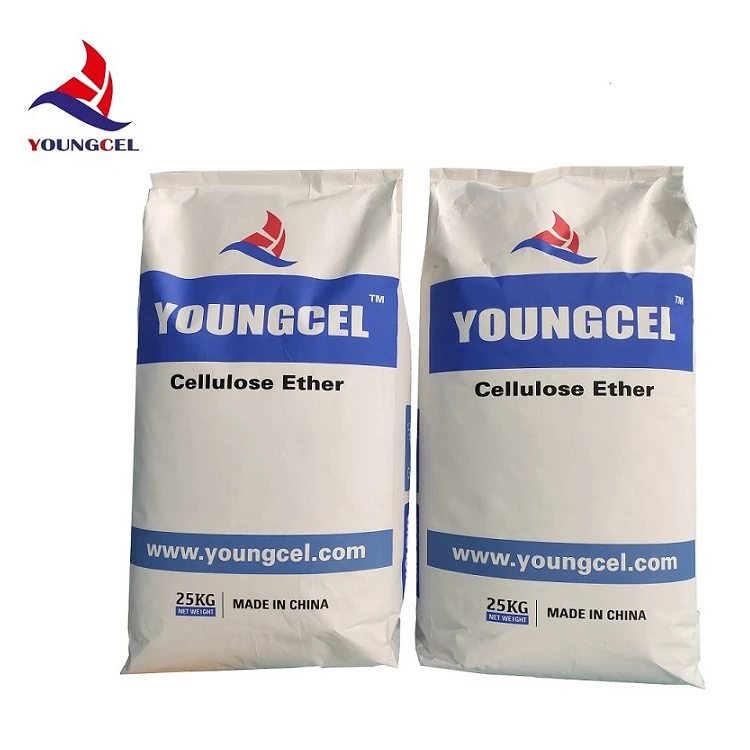Exploring the World of Cellulose Suppliers A Key Component in Diverse Industries
Cellulose, a natural polymer derived from plant cell walls, has become an essential raw material across various industries. Its properties, such as biodegradability, renewability, and structural strength, make it incredibly versatile. With the growing emphasis on sustainable materials and eco-friendly practices, the demand for cellulose has surged, leading to an expansion of cellulose suppliers in the market. This article delves into the significance of cellulose suppliers, the types of cellulose they provide, and the industries that rely heavily on their products.
The Role of Cellulose Suppliers
Cellulose suppliers play a crucial role in the supply chain by providing high-quality cellulose derivatives that meet the specific needs of different industries. They source cellulose from various plant sources, including wood pulp, cotton, and agricultural residues. By processing these materials, suppliers can offer cellulose in various forms such as microcrystalline cellulose, cellulose fibers, and cellulose powders. The expertise of these suppliers ensures that manufacturers receive consistent, quality products that comply with industry standards.
Types of Cellulose Products Offered
Cellulose suppliers provide a range of cellulose products tailored to specific applications
1. Microcrystalline Cellulose (MCC) This is a purified, partially depolymerized cellulose that is widely used in the pharmaceutical industry as an excipient. Its excellent binding and disintegrating properties make it ideal for tablet formulations.
2. Cellulose Fibers Used extensively in the textile industry, cellulose fibers offer breathability, comfort, and absorbency. Suppliers provide natural and regenerated fibers, such as Lyocell and Viscose, which cater to different fabric needs.
3. Cellulose Ether This derivative is used as a thickening agent, stabilizer, and emulsifier in food and personal care products. Suppliers furnish various types of cellulose ethers, including methylcellulose and hydroxypropyl methylcellulose, to enhance the texture and consistency of products.
4. Carboxymethyl Cellulose (CMC) CMC is widely used in the food industry as a food thickener and stabilizer. Additionally, it finds application in oil drilling, paper manufacturing, and pharmaceuticals, showcasing its versatility.
cellulose supplier

Industries That Depend on Cellulose Suppliers
The applications of cellulose extend to numerous industries
- Pharmaceuticals As mentioned, MCC serves as a key ingredient in many medicinal formulations, ensuring proper dosage delivery and enhancing stability.
- Textiles With an increasing shift towards sustainable fashion, cellulose fibers are gaining popularity. Brands seek cellulose suppliers who can provide eco-friendly alternatives to synthetic fibers, making cellulose a favorite for sustainable clothing lines.
- Food and Beverage Cellulose derivatives such as CMC are used in a variety of food products, from ice creams to sauces, providing desired textures and stability while maintaining low-calorie counts.
- Construction Cellulose fibers are utilized in eco-friendly insulation materials, contributing to energy efficiency in buildings. Additionally, cellulose-based binders are used in various construction materials.
- Cosmetics and Personal Care Cellulose ethers are essential in formulating creams, lotions, and gels, providing a smooth application while serving as thickening agents.
The Future of Cellulose Suppliers
As industries pivot towards sustainability, the role of cellulose suppliers will continue to evolve. Innovations in processing techniques and sourcing of cellulose from alternative feedstocks, such as agricultural waste, are expected to rise. Furthermore, the trend toward bioplastics and biodegradable materials further elevates the importance of cellulose in addressing global environmental challenges.
In conclusion, cellulose suppliers are vital players in multiple sectors, providing the necessary materials that foster innovation and sustainability. As the demand for eco-friendly solutions continues to grow, these suppliers will likely remain at the forefront, driving advancements in the application of cellulose across diverse industries.
-
Rdp Powder: Key Considerations for Wholesalers in the Building Materials IndustryNewsJul.08,2025
-
Key Considerations for Wholesalers: Navigating the World of Hpmc - Based ProductsNewsJul.08,2025
-
Hpmc Detergent: Key Considerations for WholesalersNewsJul.08,2025
-
Key Considerations for Wholesalers: China Hpmc For Tile Adhesive, Coating Additives, Concrete Additives, and MoreNewsJul.08,2025
-
Crucial Considerations for Wholesalers: Navigating the World of Construction MaterialsNewsJul.08,2025
-
Key Considerations for Wholesalers Sourcing Additive For Cement, Additive For Concrete, Additive For Putty from Additive Manufacturer Shijiazhuang Gaocheng District Yongfeng Cellulose Co., Ltd.NewsJul.08,2025




